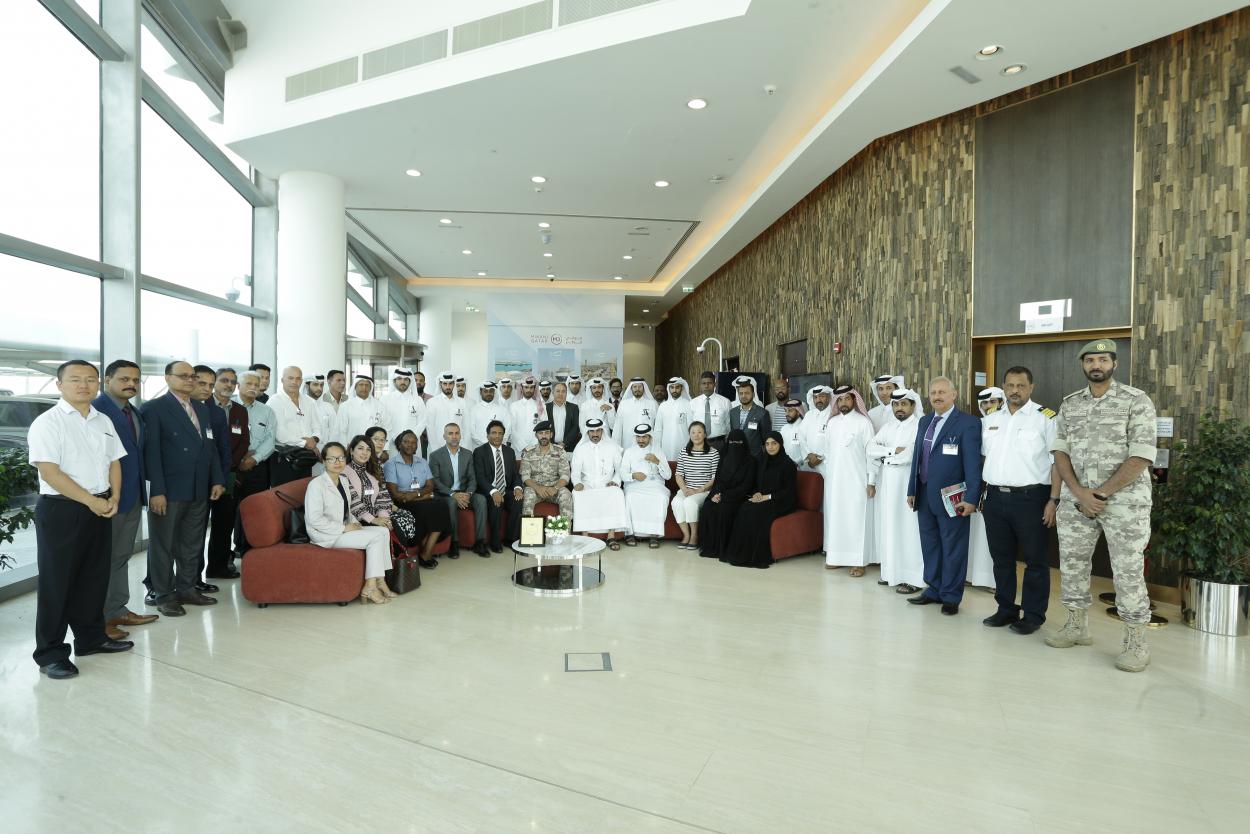
Doha, Qatar, served as the site of a training initiative focusing on addressing risks arising from chemical accidents and the potential misuse of toxic chemicals in ports and maritime venues.
“We aim to raise global standards and set norms for the safety, security, and efficiency of ports and coastal State authorities; and standardize port procedures through identifying and developing best practice guidance and training materials for secure transfer of hazardous chemicals,” Rohan Perera, senior program officer of the International Cooperation Branch of the OPCW, said.
Attendees shared views on new approaches to building ports and maritime security to transfer hazardous chemicals more securely, noting areas addressed included aspects of port and maritime chemical safety and security management, port security plans and assessments, risk management, and chemical emergency management.
Col. Khalif Mohammed Al Ali, vice chairman of the National Committee for the Prohibition of Weapons of Qatar, discussed the training’s wider context, referencing the challenges facing the world related to the ports, maritime security, and the region.
He said security and safety in sea port is one of the most important pillars for ensuring chemical safety and security and promoting economic and technological development.
Representatives from port authorities, coast guards and maritime security authorities from Bangladesh, China, Iraq, India, Kenya, Malaysia, the Philippines, Pakistan, Qatar, Spain, Sri Lanka, and Vietnam attended the sessions.




